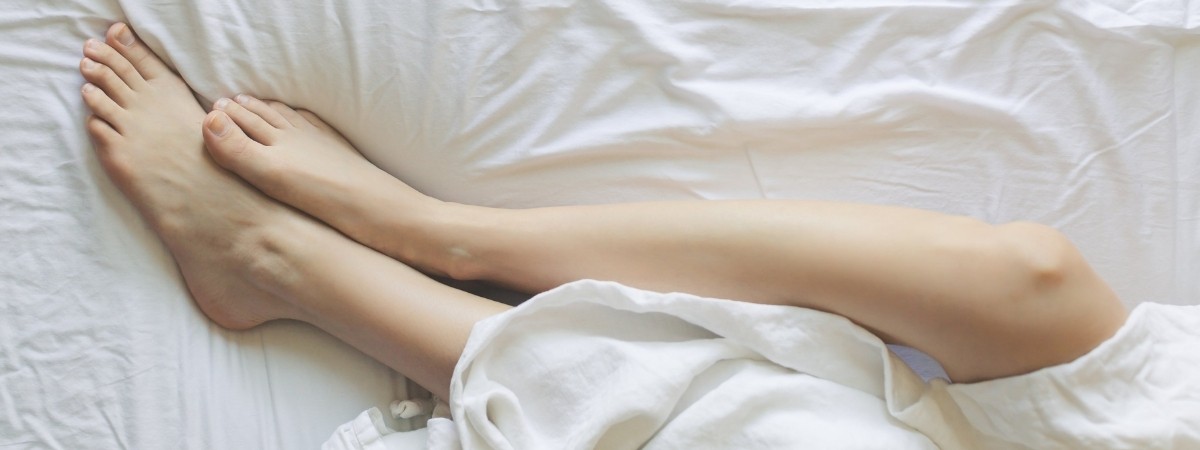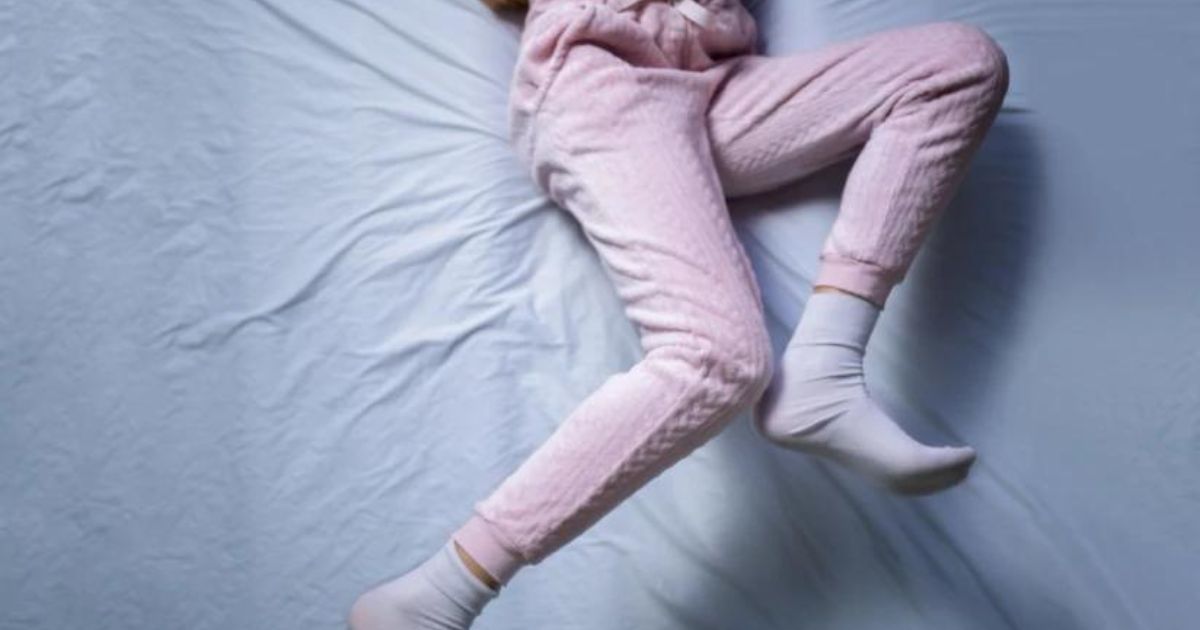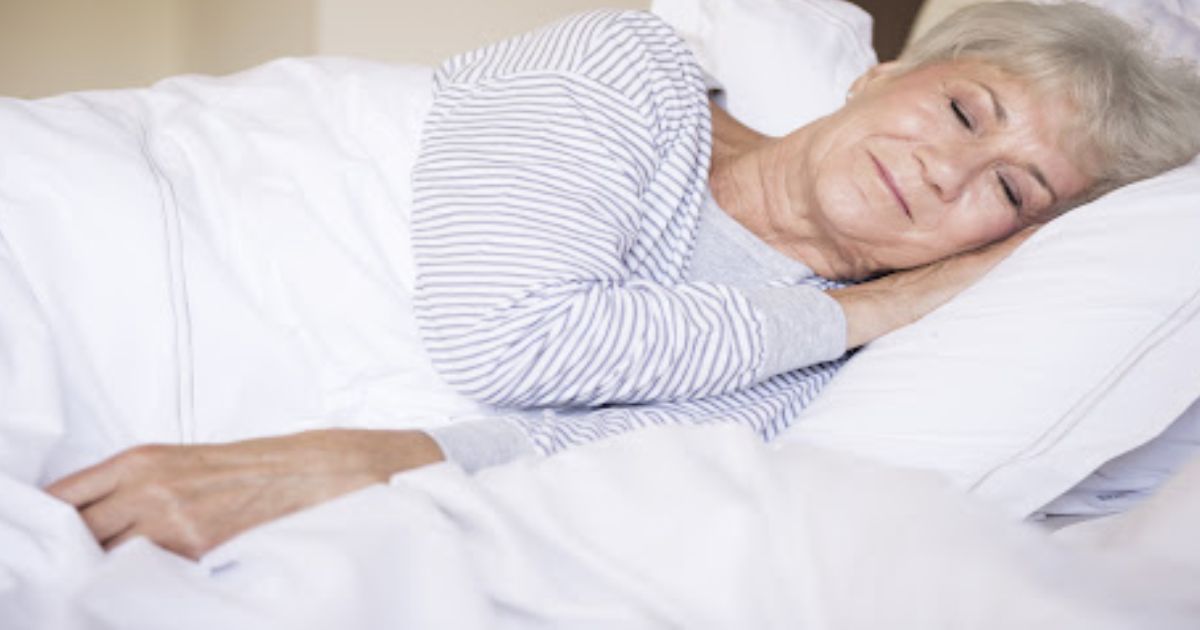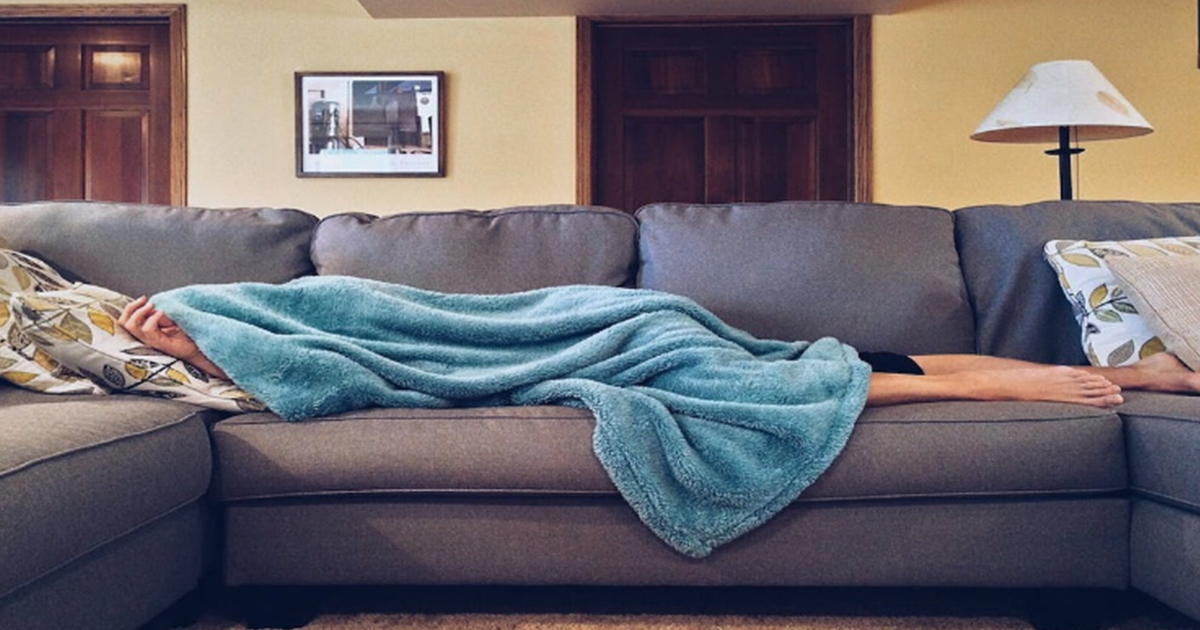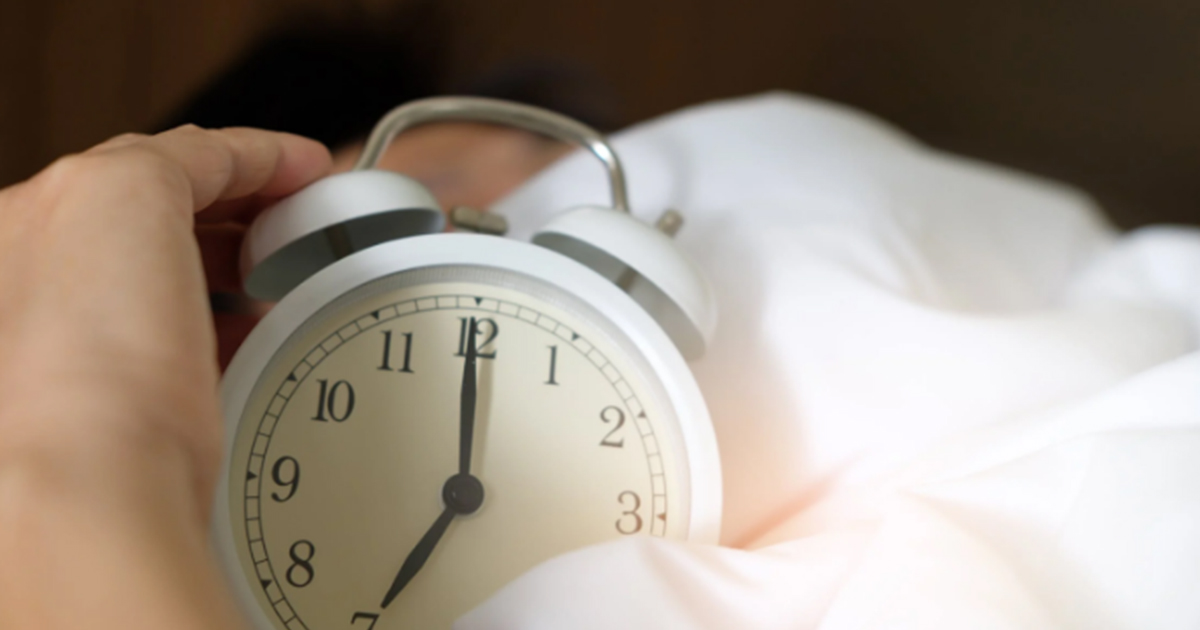Restless leg syndrome sufferers go through a lot. As any sleep study doctor in Jacksonville, FL can attest, one of the most bothersome aspects of RLS is that it robs you of a good night’s sleep, leaving you exhausted and unable to live life to the fullest.
Also known as Willis-Ekbom Disease, it is a neurological disorder wherein you feel an almost irresistible need to move your legs coupled with unpleasant sensations. The feeling has been described in several ways: crawling, creeping, itchy, jumpy, throbbing, and more. There are also certain cases wherein the torso and upper body are affected as well.
For the most part, symptoms appear later in the day. It happens out of nowhere-a person could be lying in bed or resting on the couch when itchy throbbing suddenly starts out of nowhere. The only way to get relief when RLS kicks in is to get those legs kicking or moving in general. Keep them in motion while lying back or sitting—sometimes, you have to actually get up and take a walk.
Any sleep study doctor will tell you that correlating RLS to sleepless nights is too easy. Since it essentially makes sleep near-impossible, RLS leads to daytime fatigue. In turn, that can open the figurative door to a host of related problems, such as depression, impaired memory, and issues during work.
It appears to be connected somehow to the following:
- Alcohol use and sleep deprivation
- Diabetes
- Kidney failure
- Pregnancy, especially towards the final trimester
RLS can affect up to 10% of the United States’ population. The moderate to severe varieties can affect up to 3% of adults. While it’s usually diagnosed during one’s middle ages, RLS can affect anyone at any age. In terms of gender, however, women are more prone to this disease than men.
Here are some tips on how to keep restless leg syndrome from disrupting your sleep:
1. Lifestyle Changes
This might sound extreme, but it is often not as drastic as you’d imagine. Meant for people with mild symptoms, it could be as simple as cutting back on alcohol, caffeine, and tobacco. A sleep study doctor may also suggest other subtle changes such as more exercise, stretching, and even a warm bath before bedtime.
2. Take the Correct Medications
Seek professional advice first, but do note that the FDA has approved a number of drugs meant to treat RLS. There are also several other medications that are helpful despite not being specifically designed for RLS treatment. Ask a trusted doctor for advice.
3. Treat Underlying Conditions
It is highly possible that the person with RLS actually has a medical condition they are not aware of. This means it is time to get an update on the overall medical history by going in for a check-up. Getting a proper diagnosis for diabetes or peripheral neuropathy and treating that could directly improve your RLS.
4. Seek Professional Advice
While there are many home remedies for RLS, it is always best to seek professional advice. Finding the right doctor will not only make relieving the symptoms easier, but will also help ease the stress that comes with the condition.
Work with a Sleep Doctor in Jacksonville, FL
There are a number of ways to treat RLS, partially depending on how severe one’s symptoms are. If you need a reliable sleep study doctor in Jackson, FL, reach out to Jacksonville Sleep Center today!

